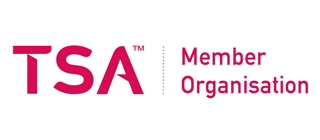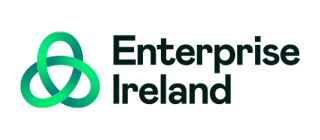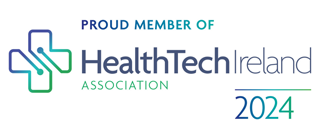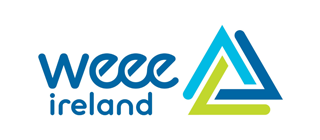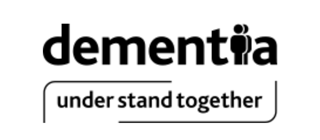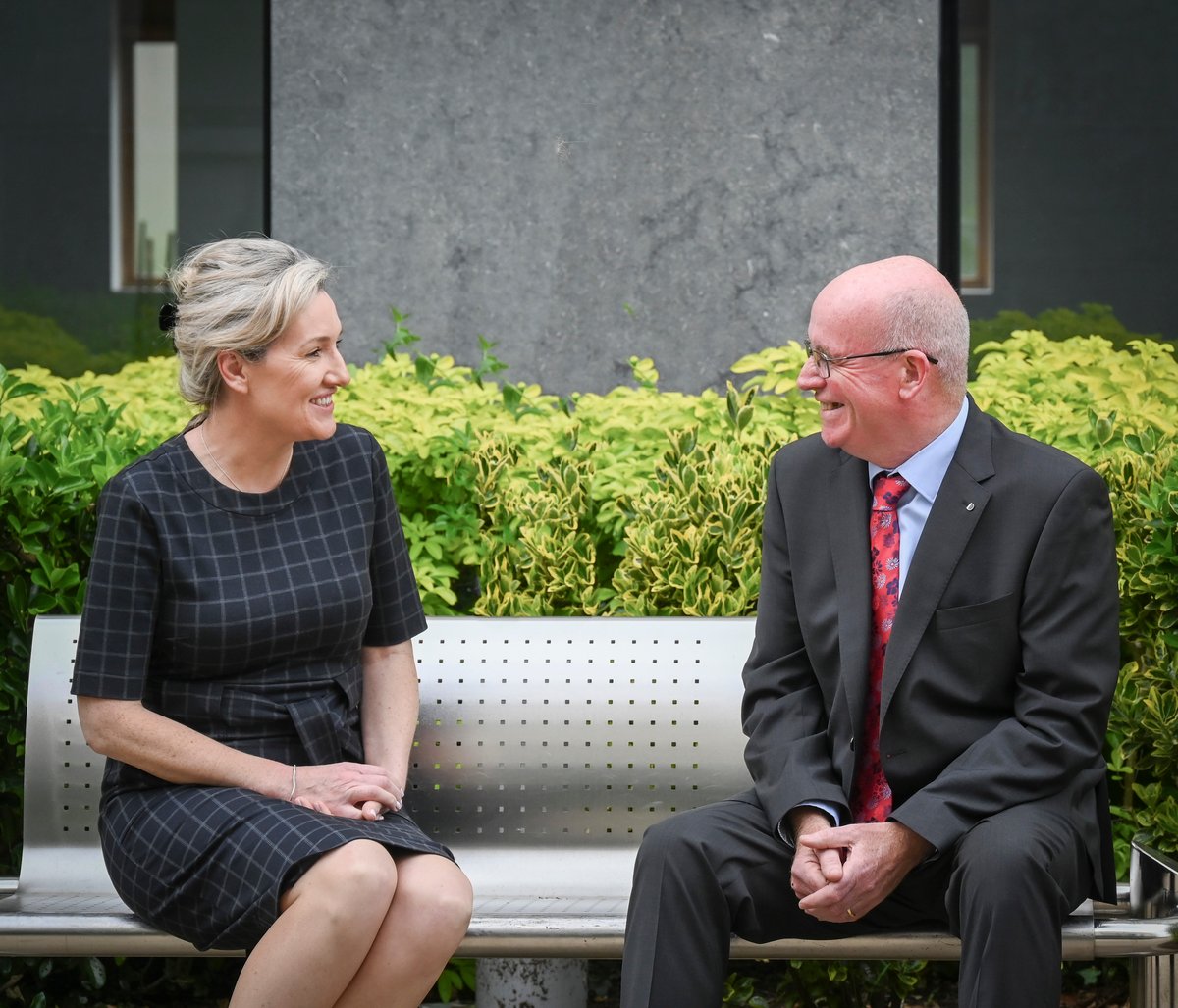
Sustainable Development Goals:
The 2030 Agenda for Sustainable Development, adopted by all United Nations Member States in 2015, provides a shared blueprint for peace and prosperity for people and the planet, now and into the future. At its heart are the 17 Sustainable Development Goals (SDGs), which are an urgent call for action by all countries - developed and developing - in a global partnership. They recognize that ending poverty and other deprivations must go hand-in-hand with strategies that improve health and education, reduce inequality, and spur economic growth – all while tackling climate change and working to preserve our oceans and forests.
The 17 SDGs are as follows:
- Goal 1. End poverty in all its forms everywhere
- Goal 2. End hunger, achieve food security and improved nutrition and promote sustainable agriculture
- Goal 3. Ensure healthy lives and promote well-being for all at all ages
- Goal 4. Ensure inclusive and equitable quality education and promote lifelong learning opportunities for all
- Goal 5. Achieve gender equality and empower all women and girls
- Goal 6. Ensure availability and sustainable management of water and sanitation for all
- Goal 7. Ensure access to affordable, reliable, sustainable and modern energy for all
- Goal 8. Promote sustained, inclusive and sustainable economic growth, full and productive employment and decent work for all
- Goal 9. Build resilient infrastructure, promote inclusive and sustainable industrialization and foster innovation
- Goal 10. Reduce inequality within and among countries
- Goal 11. Make cities and human settlements inclusive, safe, resilient and sustainable
- Goal 12. Ensure sustainable consumption and production patterns
- Goal 13. Take urgent action to combat climate change and its impacts
- Goal 14. Conserve and sustainably use the oceans, seas and marine resources for sustainable development
- Goal 15. Protect, restore and promote sustainable use of terrestrial ecosystems, sustainably manage forests, combat desertification, and halt and reverse land degradation and halt biodiversity loss
- Goal 16. Promote peaceful and inclusive societies for sustainable development, provide access to justice for all and build effective, accountable and inclusive institutions at all levels
- Goal 17. Strengthen the means of implementation and revitalize the global partnership for sustainable development
Healthcare and SDGs:
Healthcare has, for a long time been focused on the acute hospital setting. If medical attention is required, the patient must visit the Clinician when and where they are told. By adopting a technology enabled healthcare approach, the acute hospital setting can become more patient centric.
The same can be said for health equity. One of the main focuses in the 2030 agenda for healthcare is health equity and how world leaders can provide the same level of care and access to healthcare to people irrespective of age, gender, income etc. By adopting a care-at-home approach aided by technology, it can level the playing field for people to have more opportunity to access the care they need when they need it.
This care-at-home approach also has benefits to the environment. By bringing care into the home through remote patient monitoring, hospital at home, aged care and chronic illness care, the carbon footprint caused by travelling to a hospital setting will decrease.
About HaloCare
HaloCare is a solution for people who wish to stay in their own home but need a little extra support. By using technology that works seamlessly in the background, clients can continue to live independently with the knowledge that HaloCare is there to support them.
HaloCare specialise in contactless fall detection, remote emergency service and telehealth. Our 24/7 Care Specialists will be alerted to the fall or medical emergency in the Carlow based Care Hub where they can then react, respond and reassure the client. HaloCare’s two-way audio and voice activated alarms ensure the client will always be able to reach out for help, even in a weakened state.
HaloCare offer a technology enabled health solution that considers and implements health equity in healthcare. The technology works through a SIM card, meaning it does not need Wi-Fi to operate. It also has a battery operated fail safe in instances where power cuts. The battery kicks in to ensure the technology never fails. This means that HaloCare’s solution can still be accessed by people who may not have Wi-Fi or a constant stream of electricity.
HaloCare works with home and family care. This means support for both the client and their family members in the hours of the day that they cannot be there. HaloCare fosters independence, privacy and safety for clients and peace-of-mind and much needed respite for their loved ones.
If you or your loved one needs a little extra support while living independently, HaloCare is there 24 hours a day, 365 days of the year.
.png?width=352&name=Taking%20Charge%20(3).png)

.png?width=352&name=22%20(2).png)
.jpg?width=352&name=Halo_BlogCover_Shannon%20(2).jpg)
